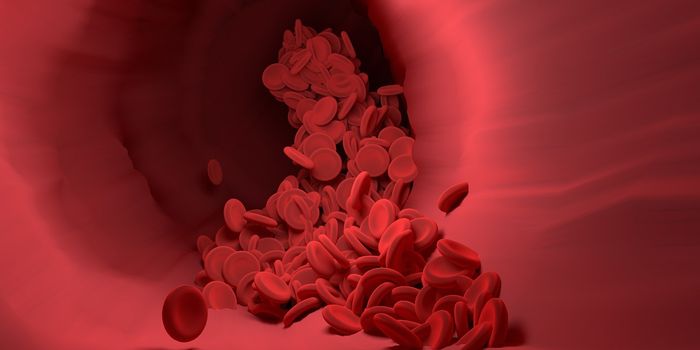Protecting the Heart Against Cardiotoxicity
Doxorubicin is a potent chemotherapy drug used for many different cancers. Unfortunately, like all chemotherapies, doxorubicin suffers from a measure of toxicity. The toxicity can progressively weaken the heart, which, if not treated, will eventually cause heart failure.
Scientists are researching several areas to prevent the toxic side effects of many chemotherapy drugs. For doxorubicin, the microRNA miR-34a presents a possible solution. MicroRNAs are small regulatory molecules that can bind to genetic products and silence them. MiR-34a is a regulator of cardiac repair and was present at higher levels in doxorubicin treated tissues.
A team from the University of Campania in Italy wanted to study how an inhibitor targeting miR-34a would impact cardiotoxicity in doxorubicin treated rats. Their previous work had shown that a miR-34a inhibitor could suppress miR-34a activity and promote pro-survival pathways in heart cells. This new study sought to test this in animals.
They used the same miR-34a inhibitor from their previous study to treat rats four weeks after a two-week doxorubicin treatment. They checked each rat’s heart health at three and six weeks and found that the miR-34a inhibitor improved heart function compared to control doxorubicin groups. Heart function was comparable to control rats who hadn’t received any treatment, inferring the inhibitor may completely stop the cardiotoxicity.
The study moved forward and investigated the mechanism behind how the miR-34a inhibitor worked as a protective agent. They found that the inhibitor suppressed apoptotic (programmed cell death) pathways and promoted cell survival pathways in cells with or without doxorubicin treatment. It even prevented cardiac fibrosis and inflammation, both of which impact cardiovascular health.
The miR-34a inhibitor tested in this study clearly protects animals in the study from doxorubicin’s cardiotoxic side effects. The protection may even spread to other organs, as the inhibitor was found throughout the animals. There is an issue of not knowing how it affects doxorubicin’s anti-cancer activity. The team notes that their previous in vitro study showed that it took a significant amount of the inhibitor to see any reduction in doxorubicin’s activity.
The study concludes, “our data demonstrate that systemic inhibition of miR-34a offers a promising therapeutic approach in DOXO-induced toxicity since mediates cardioprotective pleiotropic beneficial effects”.
Sources: Nature Scientific Reports, British Heart Foundation









